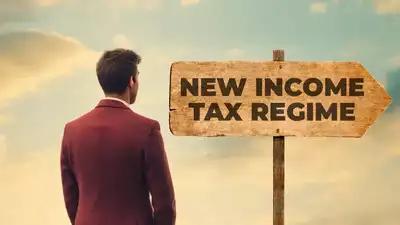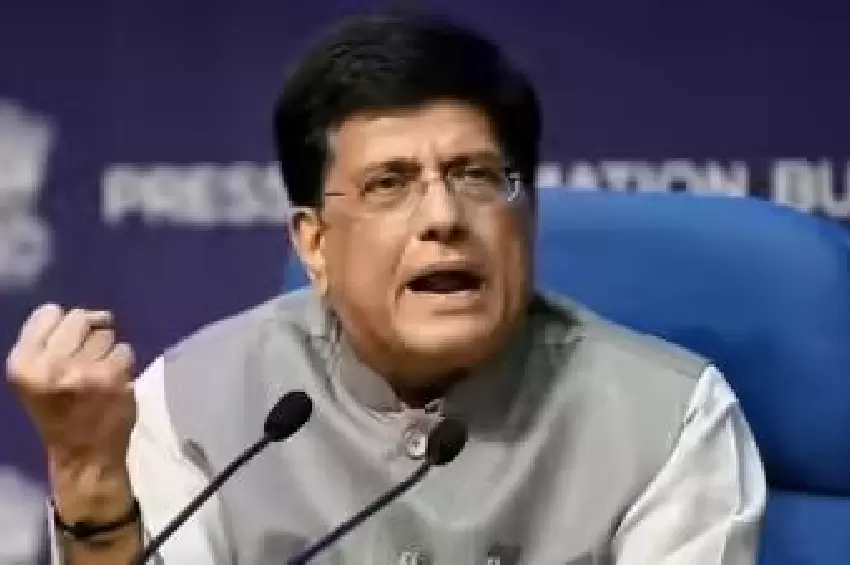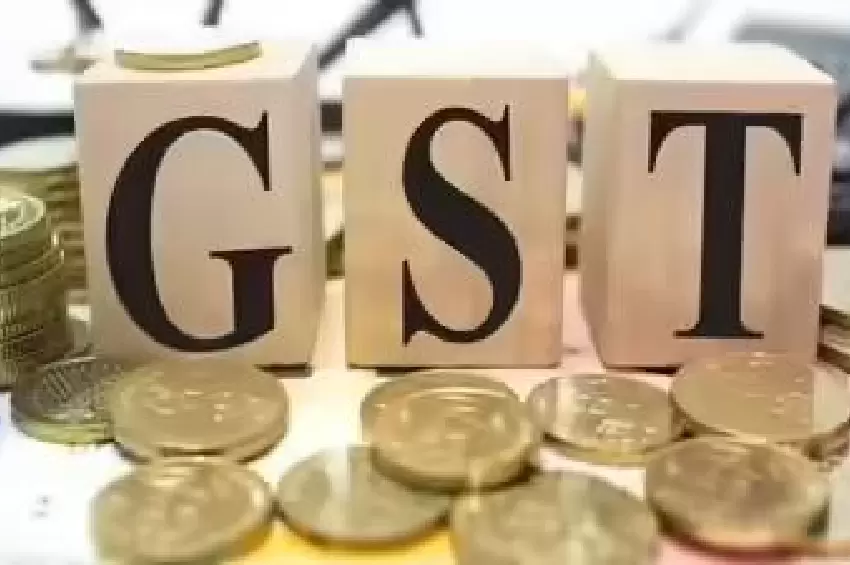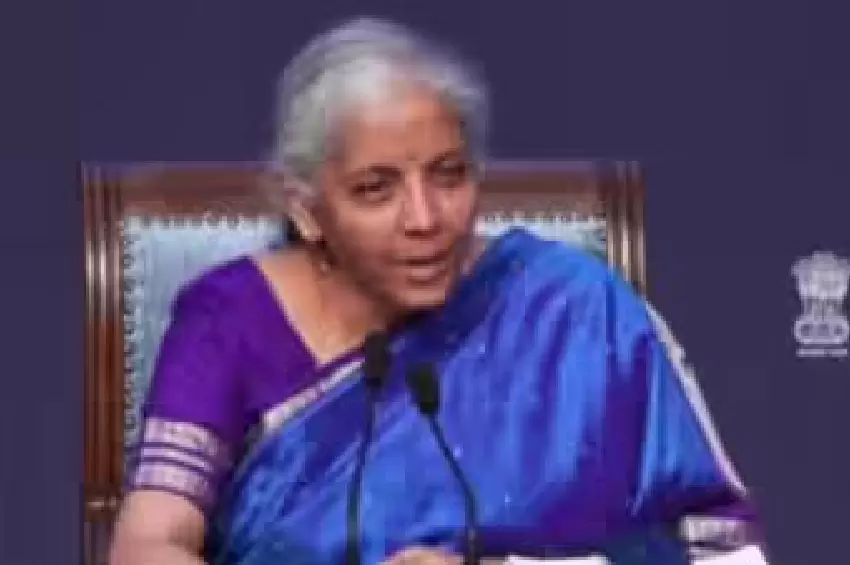Understanding the Shift in Income Tax Regimes
As the Union Budget 2025 approaches, a pressing question looms over individual taxpayers: Will Finance Minister Nirmala Sitharaman abolish the old income tax regime? This article delves into the implications of such a move and explores the potential roadmap for phasing out the old regime.

The Evolution of Tax Regimes
Introduced in 2020 as an optional alternative, the new income tax regime aimed to simplify the tax structure by eliminating numerous deductions and exemptions. Despite initial reluctance, recent adjustments have made the new regime more appealing, with 72% of taxpayers opting for it in FY 2023-24.
Who Stands to Gain or Lose?
While the new regime benefits young salaried individuals and ultra-HNIs, middle-income earners who rely on deductions for housing, education, and healthcare expenses may find the old regime more advantageous. The article categorizes taxpayers into four groups based on income levels to analyze the impact of each regime.
Looking Ahead
The government faces a delicate balance in phasing out the old regime. Immediate abolition could disrupt financial planning for many, while gradual transition strategies may ease the shift. The article concludes with recommendations for a phased approach, ensuring taxpayers can adapt without undue hardship.









Comments